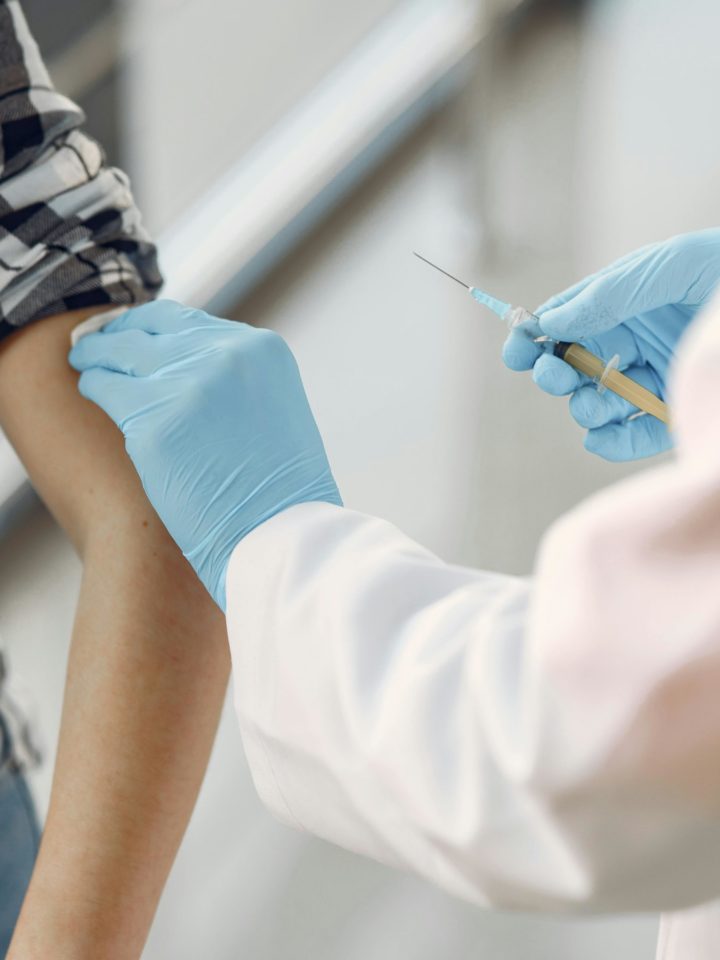Health Inequalities
In Europe, one in four children and adolescents is at risk of poverty or social exclusion, significantly impacting their access to healthcare. These inequalities became even more pronounced during the COVID-19 pandemic, when children from socially disadvantaged families had fewer opportunities to receive adequate medical care. Although early health interventions and prevention are crucial for long-term development, financial and administrative barriers continue to slow access to healthcare, especially for vulnerable groups such as migrants, orphans, and children from dysfunctional families.
Integrated Approaches for Better Health
Three key policies for improving healthcare access for children and adolescents include:
– Strengthening cross-sector collaboration, enabling the integration of health, education, and social services.
– Enhancing infrastructure for collecting, processing, and sharing data among institutions, which allows for better planning and targeted interventions. This would also reduce bureaucratic and administrative burdens on the system.
– Empowering targeted initiatives that utilize digital platforms to disseminate information and facilitate access to services for vulnerable groups. These strategies work together to reduce inequalities and ensure equal opportunities for all, promoting a holistic approach to the well-being of children and adolescents.
Croatian Examples of Solutions
Croatia faces similar challenges, but also demonstrates concrete steps toward improvement. The National Recovery and Resilience Plan, for example, aims to enhance healthcare access by the end of next year, with a particular focus on vulnerable groups of children and adolescents. The city of Rijeka is an example where local services are successfully integrated, while Dubrovnik-Neretva County implements preventive programs to reduce risky behaviors among youth. Virovitica-Podravina County stands out with its “Healthy for Five” program, which educates children about the dangers of drug use and reduces the risk of addiction. Additionally, Krapina-Zagorje County funds NGOs that carry out health and prevention projects for children and young people.
Better Access to Healthcare: A Key to the Future
To achieve further improvements, it is essential to reduce bureaucratic obstacles and increase cross-sector cooperation. Digital platforms for navigation and data exchange, along with better coordination between local communities and national authorities, are crucial for ensuring equal access to healthcare for all children and adolescents.
Barriers and solutions: Access to healthcare for vulnerable children and adolescents

Despite significant health inequalities affecting vulnerable children and adolescents, integrated approaches, digital platforms, and local initiatives offer effective solutions. The key to progress lies in cross-sector collaboration and the removal of administrative barriers to ensure equal access to healthcare for all.





